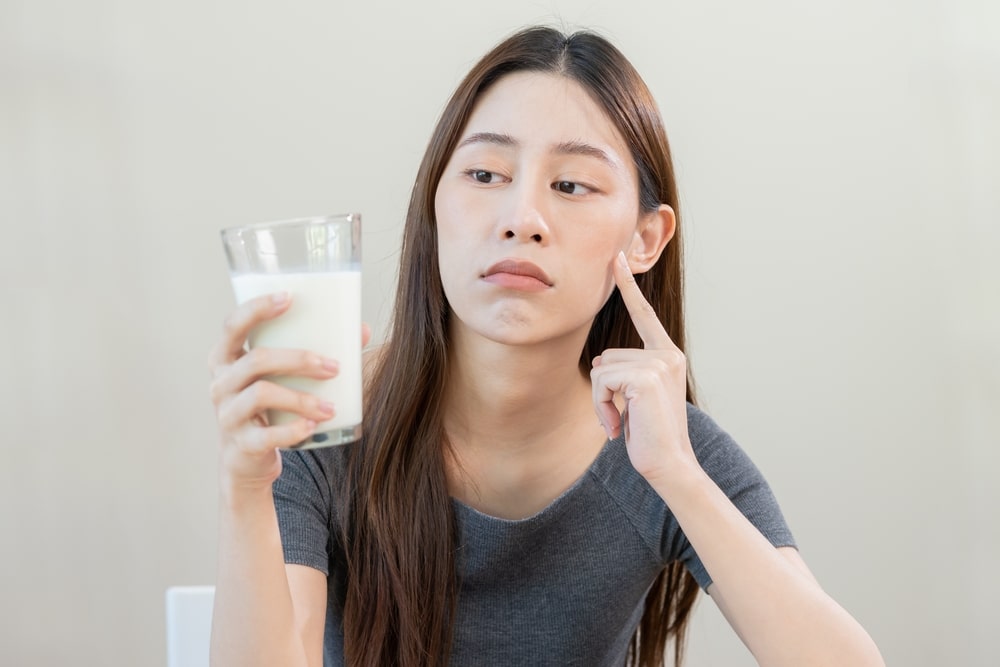The connection between inflammation, toxins, and cancer risk has recently gained significant attention. Many researches have shown that chronic inflammation and toxin accumulation can contribute to developing cancer and other chronic diseases.
But what exactly does it mean to live a cancer-free life? It goes beyond simply avoiding certain foods or adopting a strict exercise regimen. Cancer-free living encompasses a holistic approach that involves making informed choices about our diet, lifestyle, and environment.
We interviewed our resident doctor of TheLifeCo Phuket, Dr. Philip, to delve deeper into Cancer-Free Living and gain valuable insights from his expertise. In this interview, he shares invaluable tips and strategies that can help eliminate inflammation, toxins, and other risk factors associated with cancer.
Preventing cancer: an interview with Dr Philip Chia
Why do people often associate fear with the word "cancer," and what does it mean?
People commonly experience fear when they hear the word “cancer” because it carries a heavy emotional weight. However, it’s important to understand that cancer is merely a word and doesn’t inherently hold any specific meaning.
The fear arises from the realization that cancer signifies a condition where abnormal cells grow uncontrollably and can potentially harm vital organs within the body. The potential consequences of cancer, such as its impact on health and mortality, evoke fear in individuals.
Could you elaborate on the factors contributing to cancer cell development?
Cancer cell development typically involves genetic and environmental factors. While genetics may play a role, it’s often the environmental factors that have a significant impact. Certain habits and behaviors, such as smoking and excessive alcohol consumption, are strongly associated with the development of cancer cells.
Additionally, long-term exposure to unhealthy lifestyles and habits can increase cancer risk. For instance, repeated exposure to activities like smoking or engaging in routines that are known to be harmful, despite being aware of their adverse effects, can contribute to the development of cancer cells.

How does sugar intake affect the growth and behavior of cancer cells?
Cancer cells have an affinity for sugar, and a high-sugar environment can promote their growth and survival. In our modern society, where sugary foods are prevalent, constant exposure to such foods can create an environment conducive to cancer cell growth.
When our bodies are exposed to abundant sugar, cancer cells find an optimal condition to thrive and multiply. Reducing sugar intake can create an environment less favorable for cancer cell proliferation and potentially aid in their reversion to normal cells.
Could you explain further the factors contributing to cancer cell formation?
The formation of cancer cells involves several factors. Chronic exposure to an environment that causes the body to become overly acidic can create conditions suitable for cancer cell development. Moreover, insufficient oxygen supply to the cells can contribute to their transformation into cancerous cells.
Additionally, an excessive amount of sugar within the body, along with chronic inflammation, can create an environment that promotes the growth and persistence of cancer cells. By addressing these factors and striving to maintain an alkaline environment, ample oxygenation, and minimal inflammation, we can discourage the transformation of cells into cancerous ones.
What are some practical strategies for living a cancer-free lifestyle?
Striving for a cancer-free lifestyle involves adopting various strategies. Minimizing body acidity, controlling inflammation, reducing sugar intake, and optimizing oxygen supply are essential. Regular physical activity, maintaining proper blood circulation, and being mindful of dietary choices are crucial.
By emphasizing a balanced and nourishing diet while avoiding excessive sugar consumption, we can deprive cancer cells of the sustenance they need to thrive. Moreover, keeping our bodies active and ensuring sufficient oxygenation supports our cells’ overall health and discourages cancer progression.

How do movement and exercise contribute to preventing the development of cancer cells?
Regular movement and exercise play a significant role in preventing the development of cancer cells. By staying physically active, we enhance oxygenation, blood flow, and circulation, providing optimal support to normal cells.
Adequate blood circulation ensures cells receive the necessary oxygen and nutrients while effectively removing waste products. This improved oxygenation and blood flow discourages the transformation of healthy cells into cancerous ones. Therefore, incorporating movement and exercise into our daily routines is crucial in maintaining a cancer-free lifestyle.
How can individuals overcome bad habits contributing to cancer risk?
I call these bad habits “behavioral toxins,” such as smoking, excessive alcohol consumption, sedentary lifestyles, and living in stressful environments, which require conscious effort to overcome. Acknowledging that these behaviors are detrimental to our health is the first step.
Finding personal motivation and understanding why we need to change these behaviors is crucial. Nobody can convince us to quit smoking or modify our habits unless we see the reasons ourselves. Identifying these behaviors’ negative health impacts can empower us to make better choices and break free from these harmful patterns.
Are there specific procedures or treatments that can help manage inflammation and control cancer risk factors?
Yes, sure. For instance, vitamin C infusions, ozone therapy, and hyperbaric oxygen chambers are some approaches that can enhance oxygen supply, inflammation control, and immune system function. These procedures aim to optimize the body’s overall health and create an environment less conducive to cancer cell development.
However, it’s important to remember that the ultimate choice to pursue these treatments lies with the individual, as it requires a conscious commitment to a healthier lifestyle regularly.
About Dr Philip Lee Kee Chia
A medical consultant specializing in integrative medicine and the lead doctor at TheLifeCo Phuket, Dr. Chia oversees and manages the integrative medical services provided by the facility.
His diverse exposure to holistic medicine enables him to approach patient care from multiple angles, including Traditional Chinese, Anthroposophic, and Anti-aging Medicine. He is passionate about empowering his patients by educating them on their health conditions and wellness predispositions and helping them overcome their illnesses.






